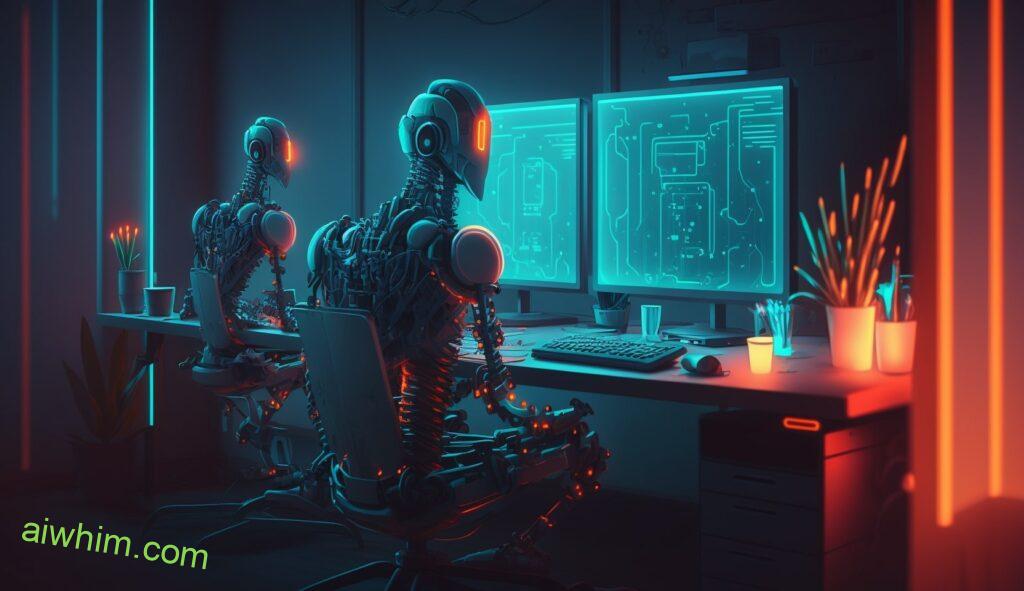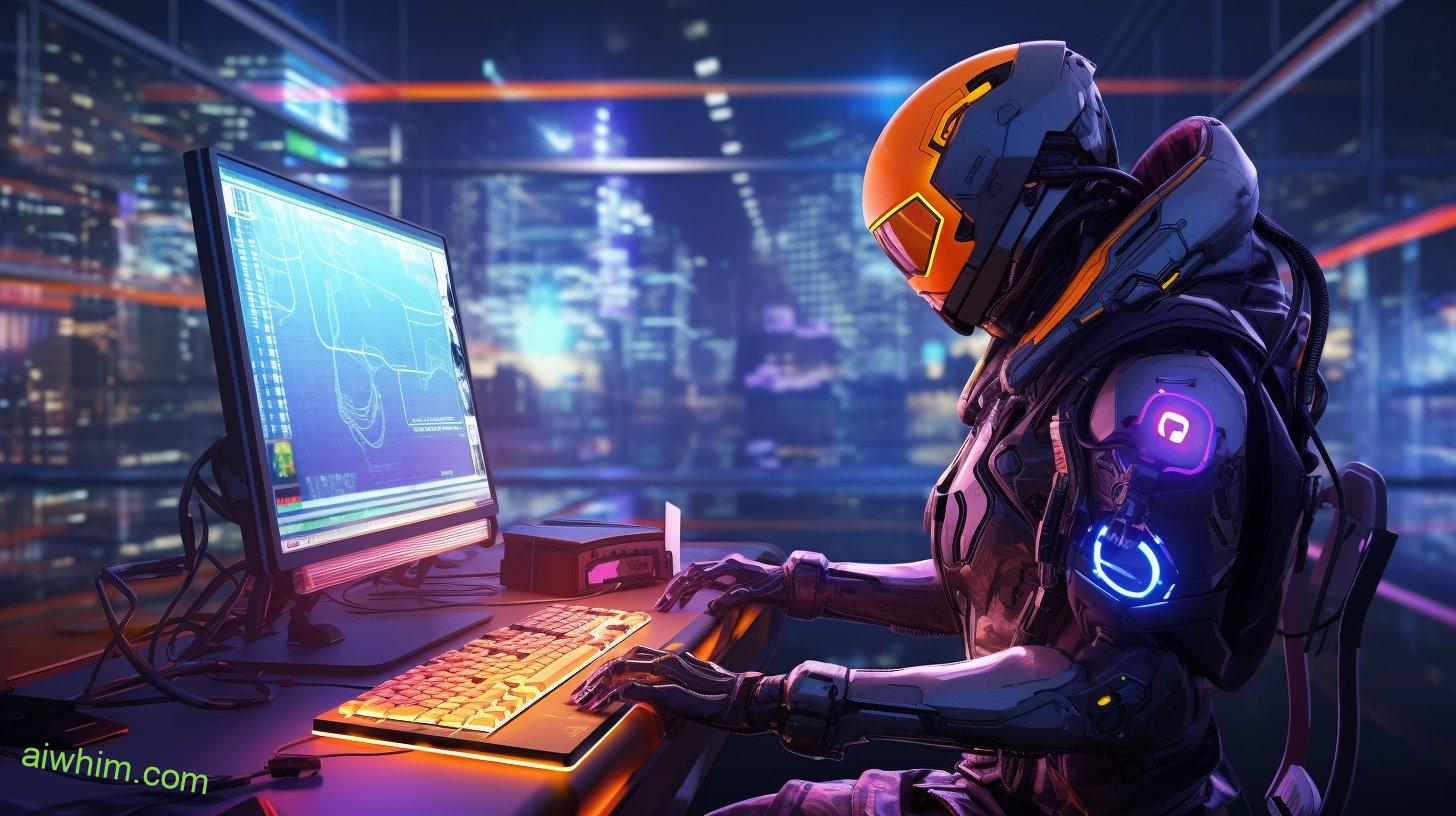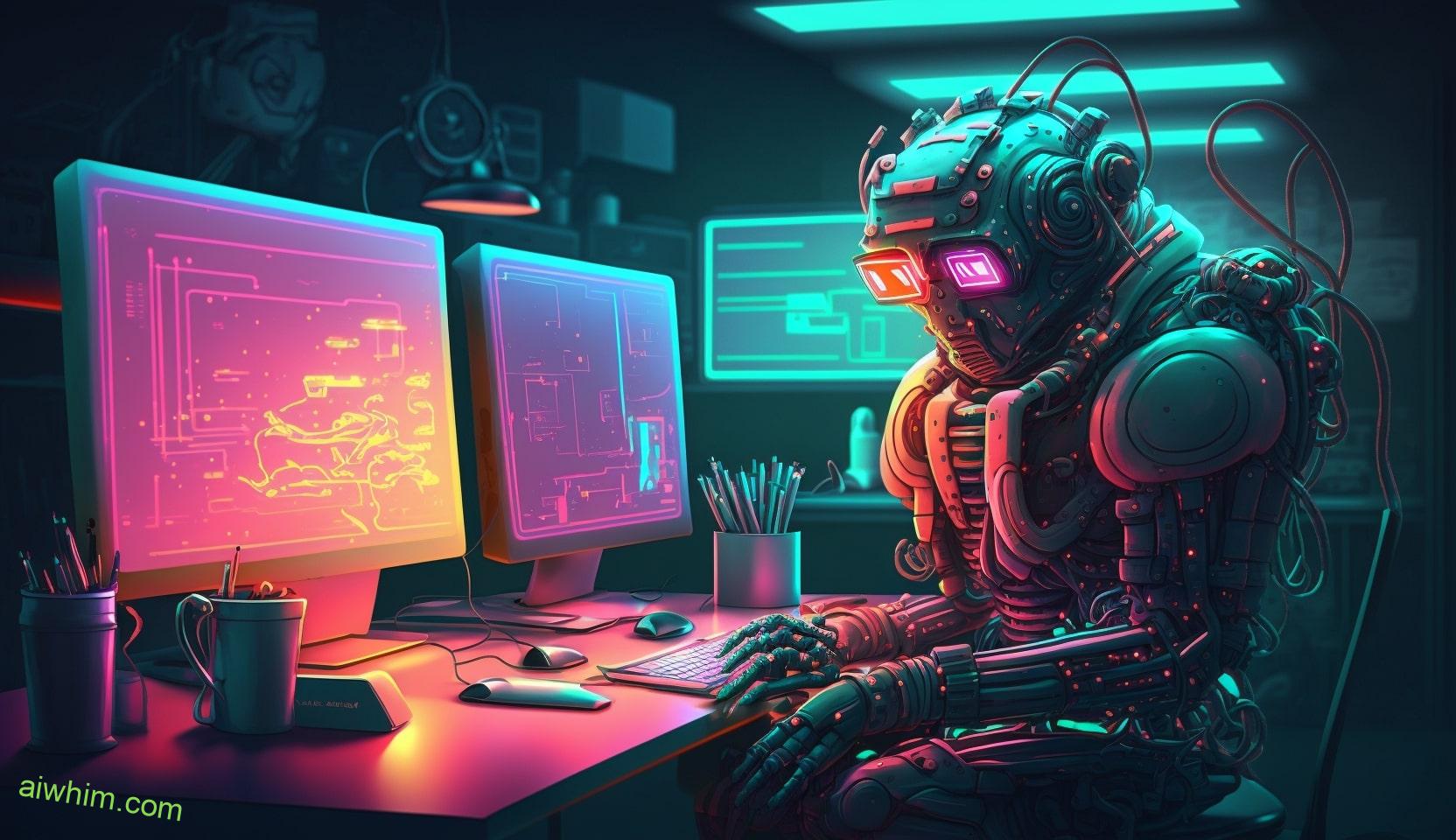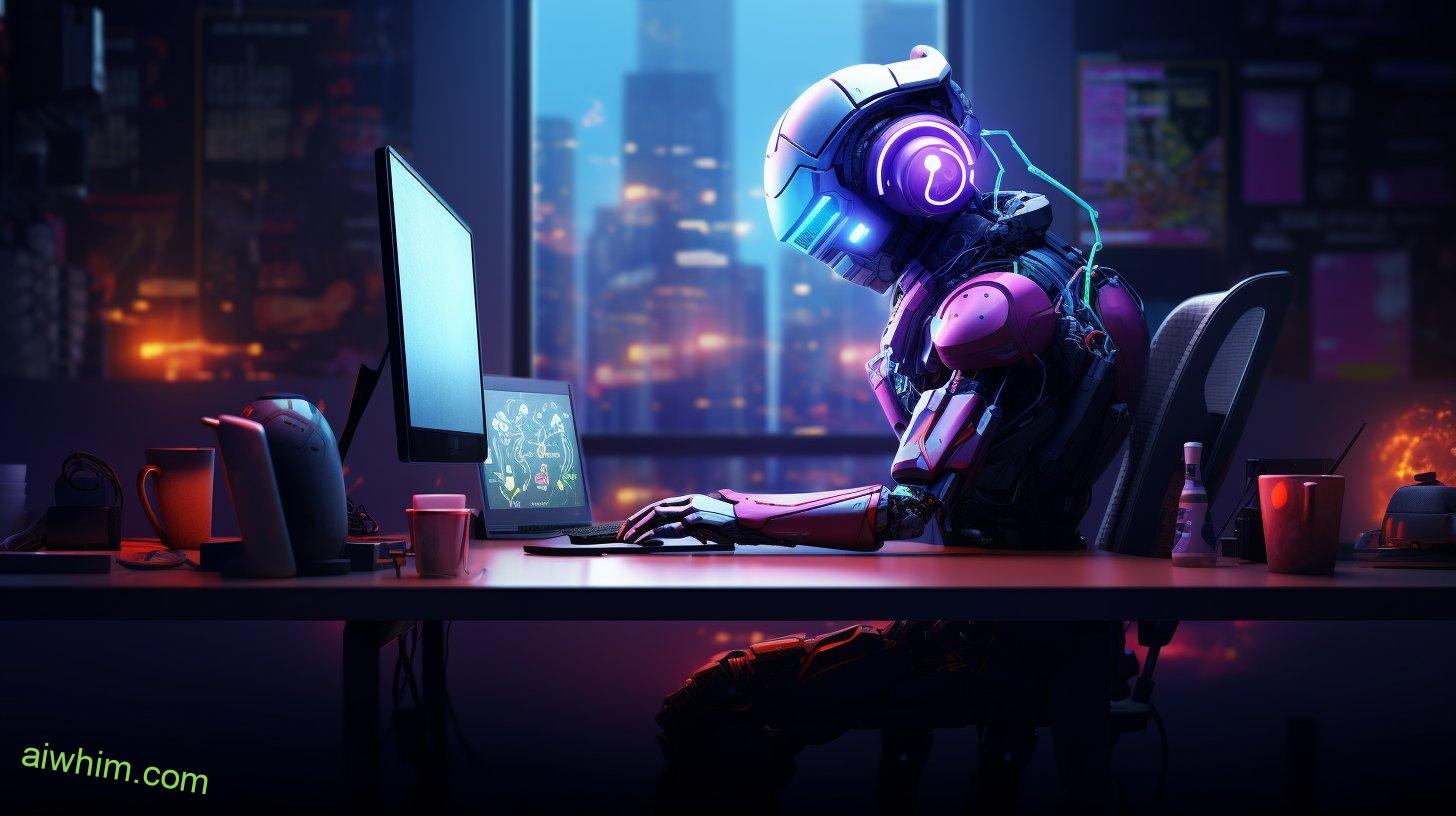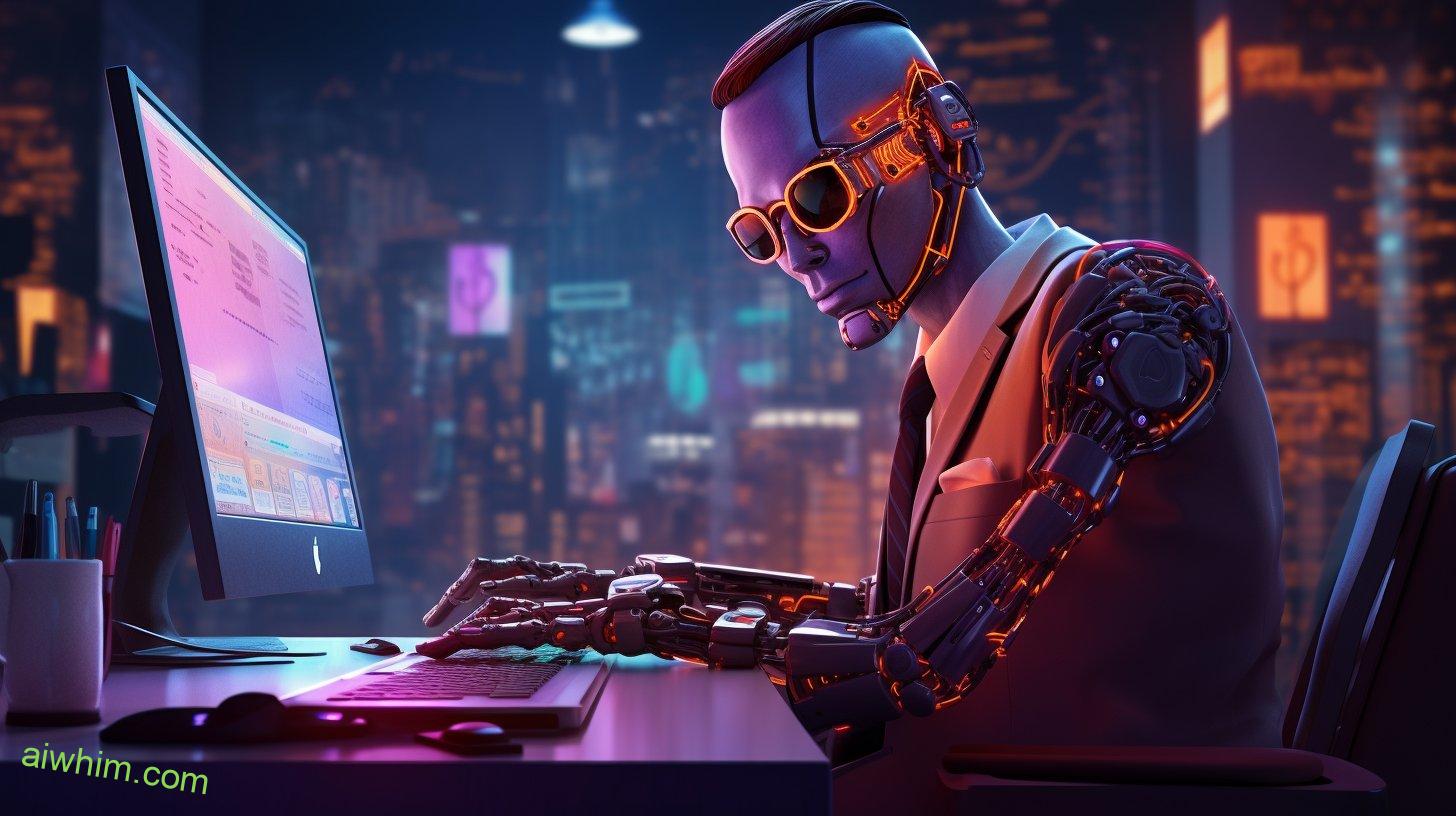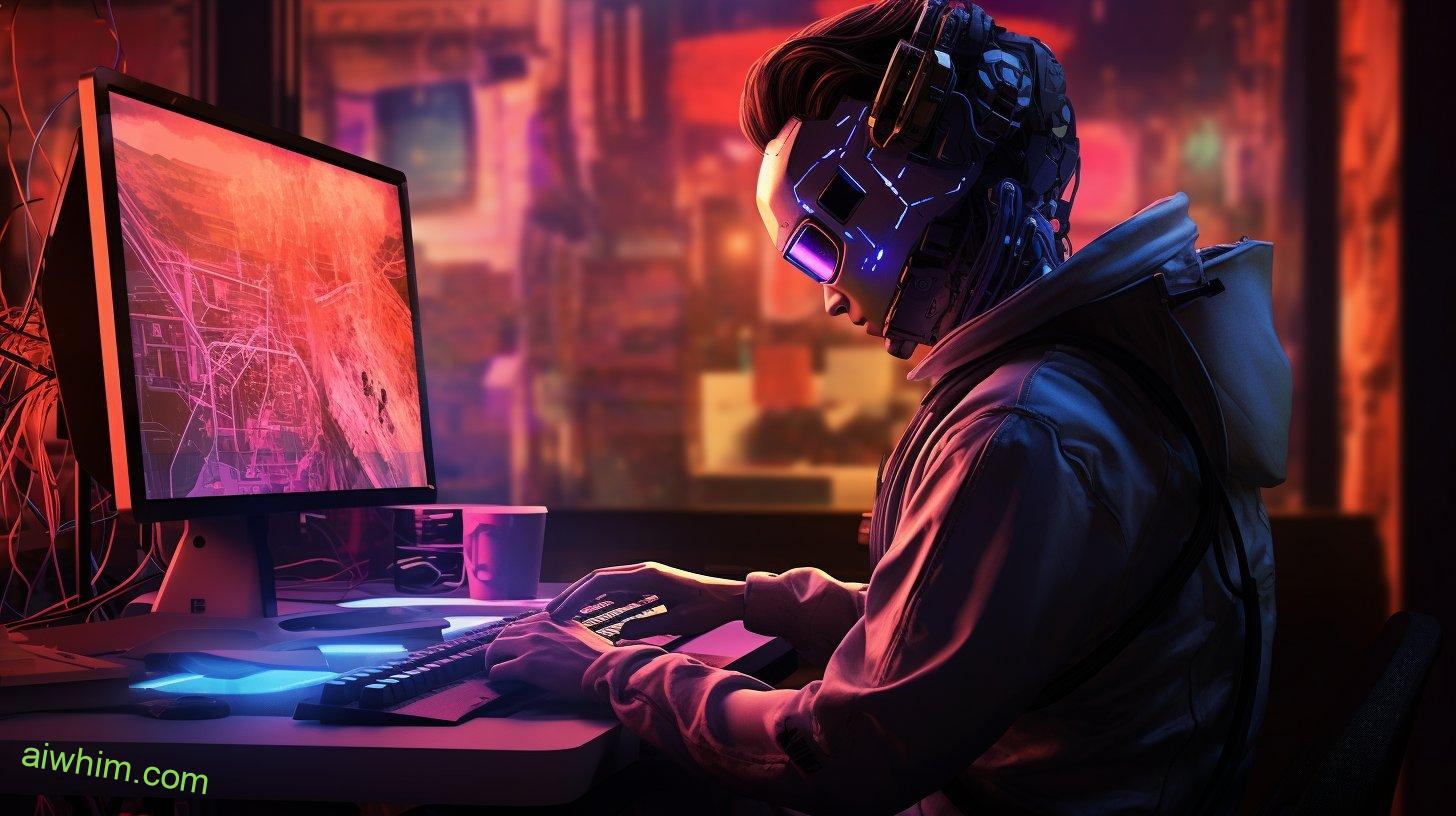Who would have thought that one day robots and AI could replace humans in their jobs? It seems like a far-fetched dream, doesn’t it? Well, if you’re a Mechanical Engineer – get ready to take the back seat! That’s right: Artificial Intelligence is edging closer and closer to taking over your job. With advances in technology, we are now entering an era where machines can do more than just manual labour – they can think too! So what does this mean for Mechanical Engineers? Will their profession be replaced by robots and AI? Stick around to find out….
It might sound like science fiction, but with recent advances in machine learning algorithms and robotic systems, it might not be long before our everyday lives are filled with robot co-workers instead of us humans. In this article, we explore the implications of artificial intelligence on the future of Mechanical Engineering. We’ll look at whether or not AI could potentially replace human engineers and what steps mechanical engineers should take today to ensure they remain relevant tomorrow.
Overview of how AI impacts engineering careers
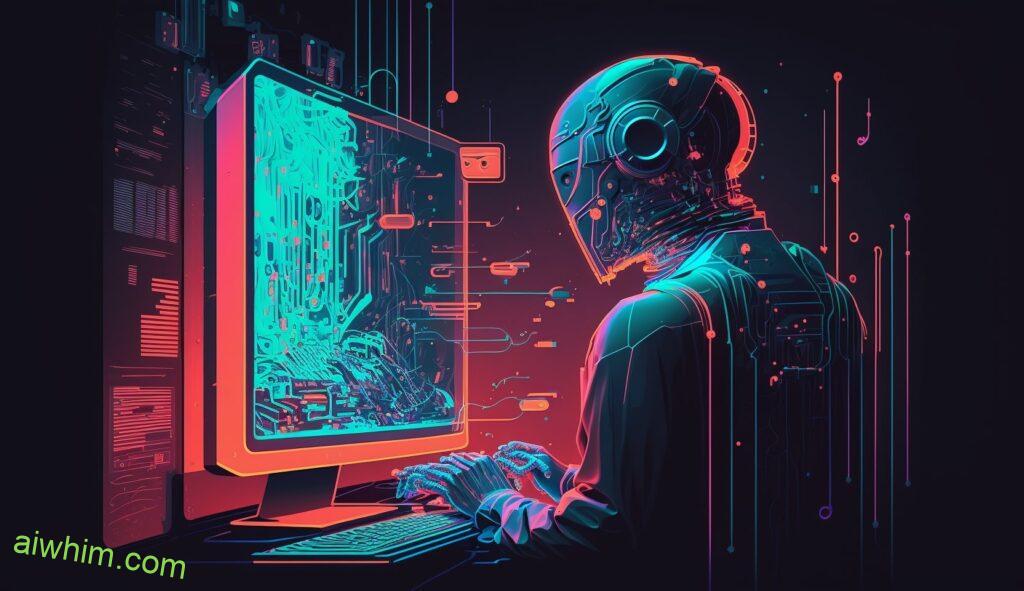
Definition Of Mechanical Engineering
Mechanical engineering is a broad field of engineering that deals with the design, construction, and operation of machinery. It covers many areas such as robotics, automation, machine learning, composite materials, energy systems, and manufacturing processes. This branch of engineering focuses on the principles of physics to create solutions for complex problems in various industries.
The definition of mechanical engineering varies depending on who you ask; however its core purpose remains consistent: to solve real-world problems by applying scientific knowledge and creative ideas. A mechanical engineer’s job involves designing components or machines from scratch, optimizing existing designs using computer software programs like CAD/CAM (Computer Aided Design / Computer Assisted Manufacturing), performing tests on prototypes to ensure performance standards are met and troubleshooting any issues during production or assembly. They may also be involved in the research and development stages of products or services related to their industry. Ultimately it comes down to problem solving – finding ways to make things run smoother, faster or more efficiently than before.
At its heart, mechanical engineering’s goal is to improve quality of life through innovative technologies that bring greater levels of convenience into our day-to-day lives. The possibilities are endless; from smaller household appliances that save us time and effort to larger industrial projects that help shape the world around us – these advances give us freedom to explore new opportunities while living better lives.

Read the link for an article about how artificial intelligence impacts civil engineer jobs!
Role Of AI In Automation
The advancement of artificial intelligence (AI) is rapidly changing the way people work. In mechanical engineering, AI has already begun to impact many aspects of the job by allowing for automation that wasn’t possible before. Automation can take over mundane tasks and allow engineers to focus on more meaningful tasks such as problem solving, analysis and design.
However, there are still some areas where machines cannot replace humans, no matter how much progress is made in AI technology. For example, creativity and intuition are essential traits for successful mechanical engineers which robots simply don’t possess yet. Additionally, a lot of judgement calls must be made during the complex process of designing products or systems from scratch – something AI programs struggle to do effectively without being supervised by human experts.
Overall, while AI is capable of performing certain roles within mechanical engineering, it will never fully replace an experienced engineer’s knowledge and skillset. Even with its current level of development, AI can only supplement these qualities instead of replacing them entirely – making it an invaluable tool for helping engineers carry out their duties faster and better than ever before.
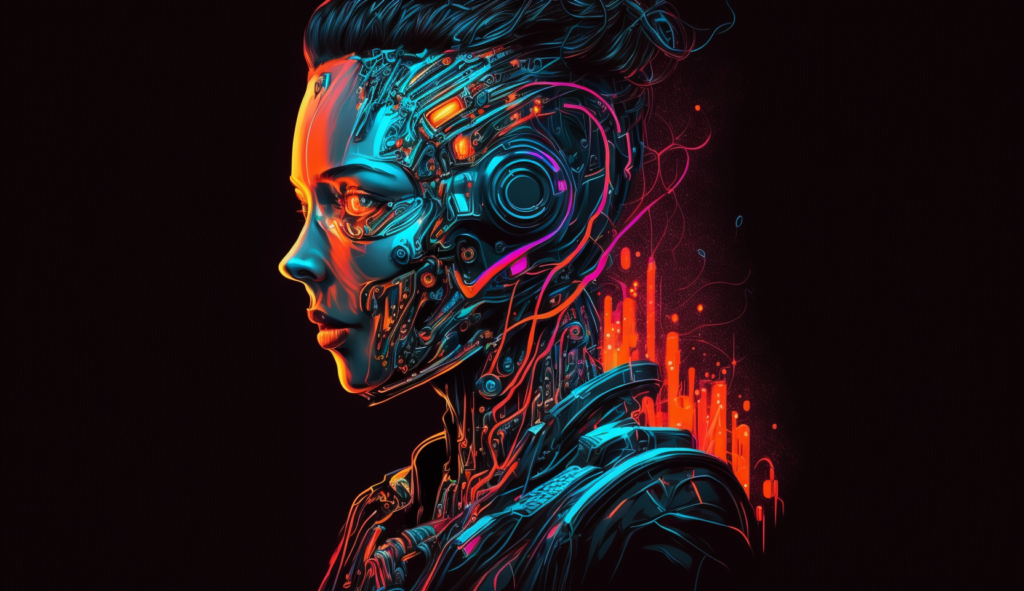
Interested in how AI shapes electrical engineering careers? Read the linked article to find out!
History And Development Of AI
Moving on from the role of AI in automation, this section will focus on how Artificial Intelligence has evolved over time and the history behind its development. The timeline of AI advancements is a complex one that spans centuries and includes multiple breakthroughs.
The origin of Artificial Intelligence dates back to ancient times, with ideas such as automata appearing in Greek mythology. However, it wasn’t until the 1950s when Alan Turing proposed a theory regarding machine learning that research into AI began to accelerate. This set up an exponential growth trend for AI technology; by the 1980s neural networks had been developed which allowed machines to learn through data input. As computers advanced further still throughout the 1990s and 2000s, so too did artificial intelligence capabilities – leading us to where we are today.
Today, these advancements have made incredible things possible – from self-driving cars to voice recognition systems and advanced chatbots. While there may be debate about whether AI can replace certain jobs in fields such as engineering or medicine, it is clear that our understanding of what is possible has grown exponentially since its inception many years ago.
Possibilities Of AI Replacing Jobs
The possibilities of AI replacing jobs are real. As technology advances, machine learning and automated processes have become more prevalent in many industries. In the field of mechanical engineering, robotic automation is providing a way for companies to reduce costs while increasing production and efficiency. This shift could ultimately mean that human labor will be replaced by machines, causing job security issues among engineers.
Here are 4 ways robotics can replace humans:
- Automated Processes: Robotics can automate tedious tasks such as assembly lines or product packaging with precision and speed that surpasses any human worker.
- Increased Accuracy & Efficiency: Machine-driven systems require fewer errors than those operated manually by people and produce results faster without needing breaks or rest periods.
- Cost Savings: Companies save money when they switch to robots because they don’t need to pay salaries or benefits, nor do they need to worry about employee turnover or training costs associated with new hires.
- Workforce Automation: Robots can take over dangerous jobs which would otherwise put workers at risk; meanwhile, freeing up skilled personnel who can focus on higher-value tasks instead of mundane ones.
These changes signal a seismic shift in the workplace that affects not only mechanical engineers but also all other professions worldwide as we move closer towards an era where robots and artificial intelligence dominate our lives—a prospect both exciting and daunting at the same time. It’s important for professionals everywhere to stay informed and abreast of these trends so they can proactively prepare themselves for potential disruption in their respective fields before it happens, thus ensuring their place in the workforce going forward into this uncertain future.
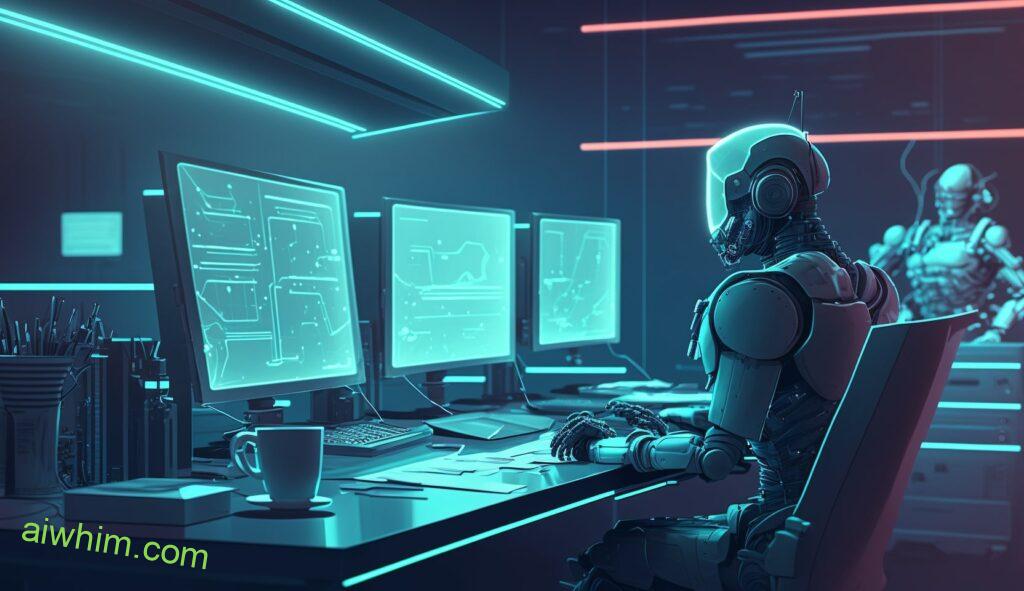
Benefits And Limitations Of AI
The world is rapidly advancing with the increasing use of AI, leaving many people to wonder if their jobs will be replaced by automation. While there are undeniable benefits that come with incorporating Artificial Intelligence into mechanical engineering, such as increased efficiency and cost-effectiveness, it also has its limitations. To understand the implications of using AI in this field, we must explore both the advantages and disadvantages of automation.
AI can provide a variety of benefits for mechanical engineers, ranging from improved accuracy in calculations to automated labor processes. This can reduce costs associated with human resources while reducing time spent on tedious tasks like data entry, allowing engineers more time to focus on complex projects instead. Additionally, advances in machine learning technology have allowed machines to become faster at completing these same processes than humans could ever hope to achieve.
On the other hand, AI does not always offer perfect results; errors can occur due to incorrect programming or poor software design decisions. Furthermore, automating certain job roles may lead to displacement of workers who don’t have access to retraining programs or new career opportunities. Despite all these potential drawbacks, however, it remains clear that AI offers tremendous possibilities when used responsibly by mechanical engineers—one just needs to weigh out the pros and cons carefully before utilizing them in any project or process.
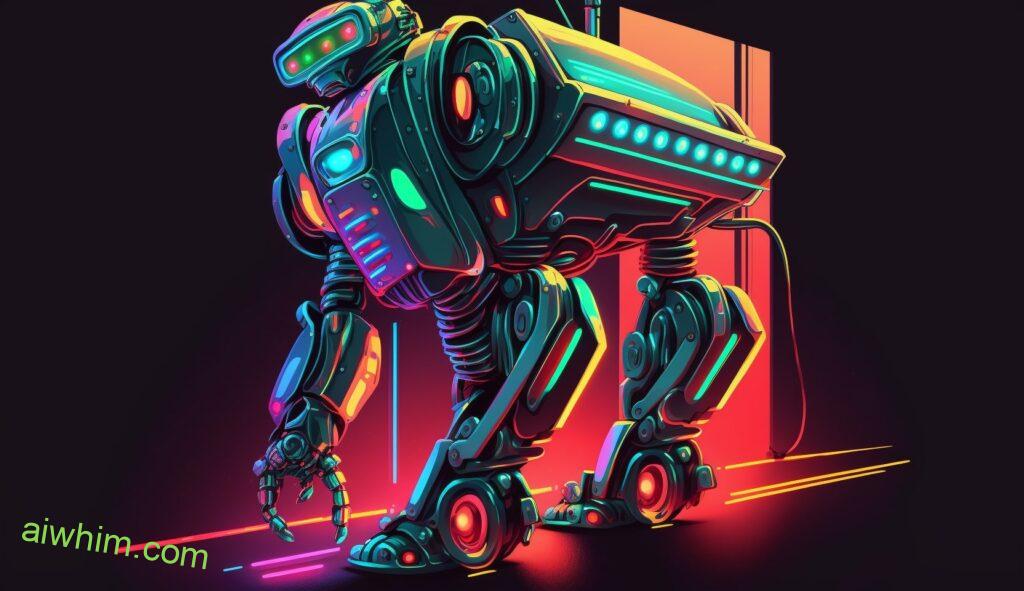
Impact On Mechanical Engineers
The impact of AI automation on mechanical engineers is a cause for concern. While there are some industries that have already seen an increase in the demand for skilled professionals, many others face the prospect of losing jobs to machines and robots. This could lead to career insecurity among mechanical engineers as they may find their job roles replaced by automated systems.
AI automation has become increasingly sophisticated over the years, making it difficult for mechanical engineers to remain competitive in today’s market. As technology advances, so too does its ability to automate entire processes, which can potentially render certain skills redundant. With this shift comes implications for job security and career prospects within the field of engineering.
This situation presents both challenges and opportunities for mechanical engineers: while some positions may be lost due to automation, those with adaptable skillsets will be able to take advantage of new possibilities created by advancements in AI technology. Ultimately, it is up to mechanical engineers themselves to stay informed about changes in the industry and seek out new ways of staying relevant in order to ensure long-term job security.
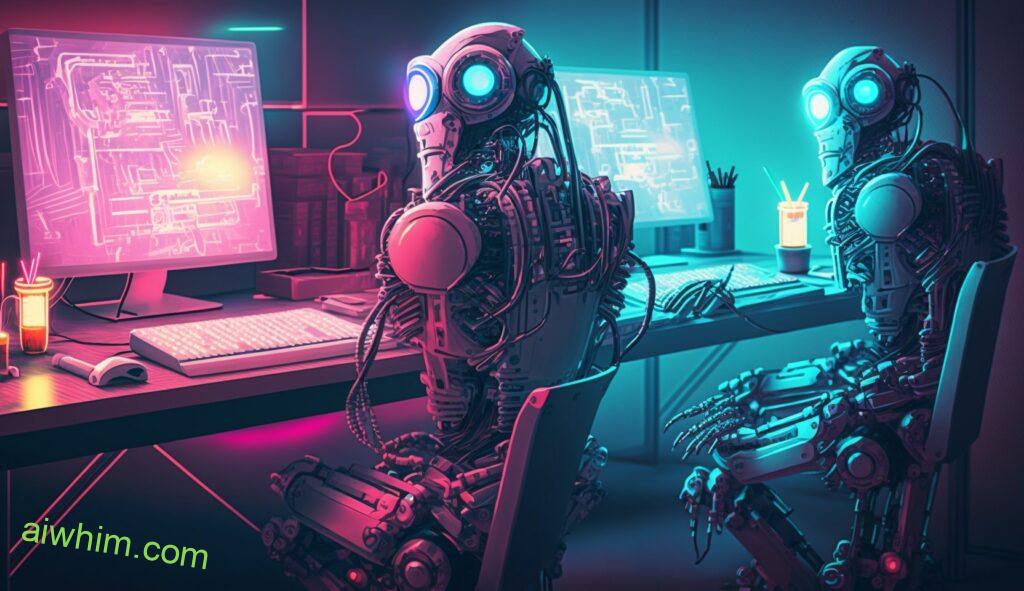
Skills Needed To Stay Ahead Of The Curve
The future of mechanical engineering is uncertain, as artificial intelligence (AI) technology continues to evolve and become more prevalent in the industry. To remain competitive and advance their careers, mechanical engineers must develop a set of skills that will make them indispensable in this new era. Here are three key areas they should focus on:
- Developing Mechanical Engineering Skills: As AI automates many tasks traditionally performed by engineers, it’s important for mechanical engineers to stay up-to-date with the latest advancements within their field. This means understanding software applications like CAD/CAM systems, robotics programming, 3D printing, and other related technologies. It also involves staying abreast of the current trends in design, production optimization, and maintenance procedures.
- Learning AI Automation Skills: Engineers need to understand how AI can be used to automate certain processes or augment existing ones. Being familiar with machine learning fundamentals such as neural networks and natural language processing algorithms is essential for taking advantage of opportunities presented by automation technology. Additionally, they’ll need experience using platforms such as IBM Watson Studio and Microsoft Azure Machine Learning Studio so they can build powerful AI models quickly and efficiently.
- Implementing Career Advancement Strategies: In addition to honing technical skillset, engineers should also consider adopting strategies that will help them move forward in their career paths regardless of what changes might come about due to AI automation technology down the road. For example, taking courses on project management or business analytics could give them an edge when competing against those who lack these skillsets when looking for promotions or new job opportunities within their organizations or elsewhere.
Finally, ethical considerations regarding AI implementation always needs to be taken into account whenever making decisions about its use at work; not just from a legal perspective but also from a moral one too! Understanding the implications of introducing autonomous solutions into various processes is key for ensuring responsible development and deployment practices across all industries where this type of technology is being applied today – including mechanical engineering! With this knowledge coupled with strong technical aptitude plus effective career advancement tactics, engineering professionals have the potential to thrive despite any disruption caused by increased integration of AI throughout their profession’s future outlook .
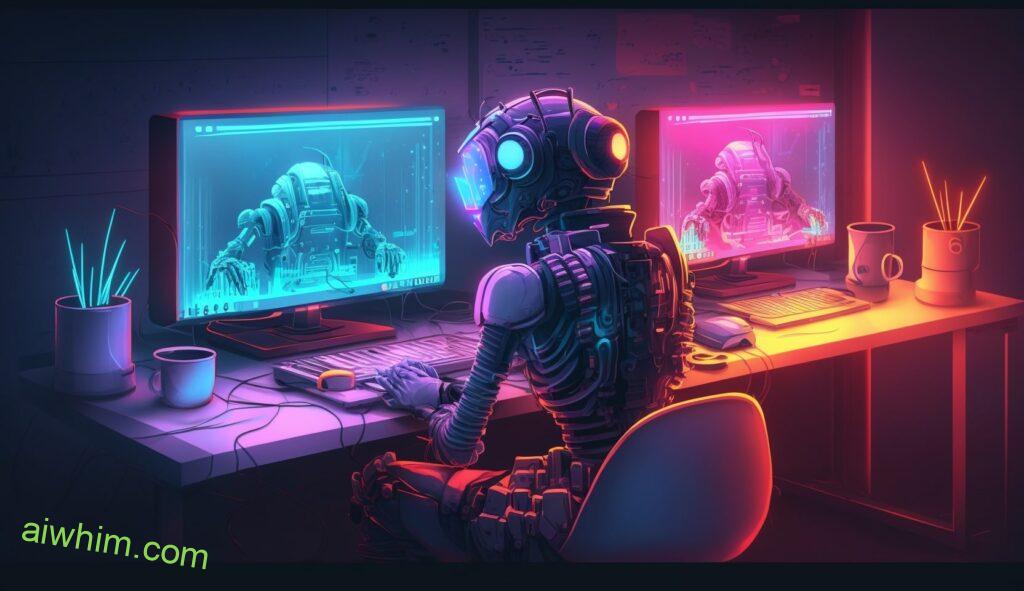
Challenges Faced By AI In Replacing Mechanical Engineers
AI certainly has its advantages when it comes to performing certain mechanical engineering roles. Automation can reduce costs, increase efficiency and accuracy, and help make decisions in a timely manner. However, AI capabilities are still very limited when it comes to replacing jobs traditionally done by mechanical engineers. While AI technology is continuing to evolve at an impressive pace, there are still many challenges that stand in the way of completely replacing humans with machines.
One of the biggest obstacles facing AI automation is reliability. Machines may be able to process large amounts of data quickly but they lack the capacity for creative problem-solving or innovating new solutions like a human engineer could. Additionally, even if machines were capable of accurately completing basic tasks such as calculations or measurements, unexpected errors or faults can arise which require the expertise and judgement of a qualified engineer for resolution. This means that machine learning algorithms must continually improve in order to replace jobs currently occupied by skilled engineers.
In spite of these limitations, AI remains an invaluable tool for increasing productivity while reducing costs and improving quality control across various industries including manufacturing and engineering. As such, rather than seeking ways to entirely replace people with machines, we should instead focus on finding ways to utilize both technologies together in order to capitalize on their respective strengths and ensure optimal results are achieved in all aspects of production and design processes.
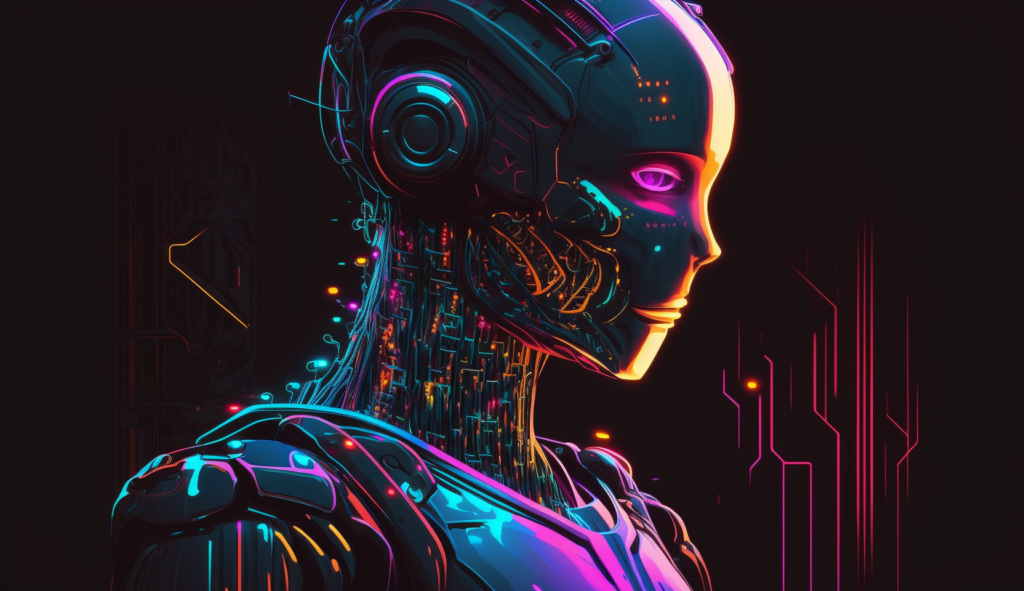
Regulations Required For AI In The Workplace
As AI continues to become more prevalent in the workplace, it is essential that regulations are put into place to ensure a safe and secure environment. Companies need to consider the legal implications of using AI technology, as well as any potential risks involved. This means there should be clear rules and guidelines for how AI can be used, ensuring compliance with all applicable laws and regulations.
The implementation of comprehensive AI-specific regulations will help protect both employers and employees from potential liability due to misuse or malfunctioning of AI systems. It will also create an atmosphere of trust between employers and employees, allowing for better communication regarding expectations around usage rights and responsibilities when it comes to AI technology. Regulatory requirements must take into account issues such as privacy concerns, ethical considerations, access control measures, security protocols, and data storage methods – all important aspects of deploying successful AI solutions.
AI workplaces have the potential to revolutionize many sectors but only if regulatory frameworks are established that emphasize safety, transparency, accountability and fairness. Companies must invest in developing robust policies which properly address these key areas so as to guarantee appropriate use of their technologies while protecting workers’ rights too. Only then will everyone benefit from this advancement in technology without compromising on our values.
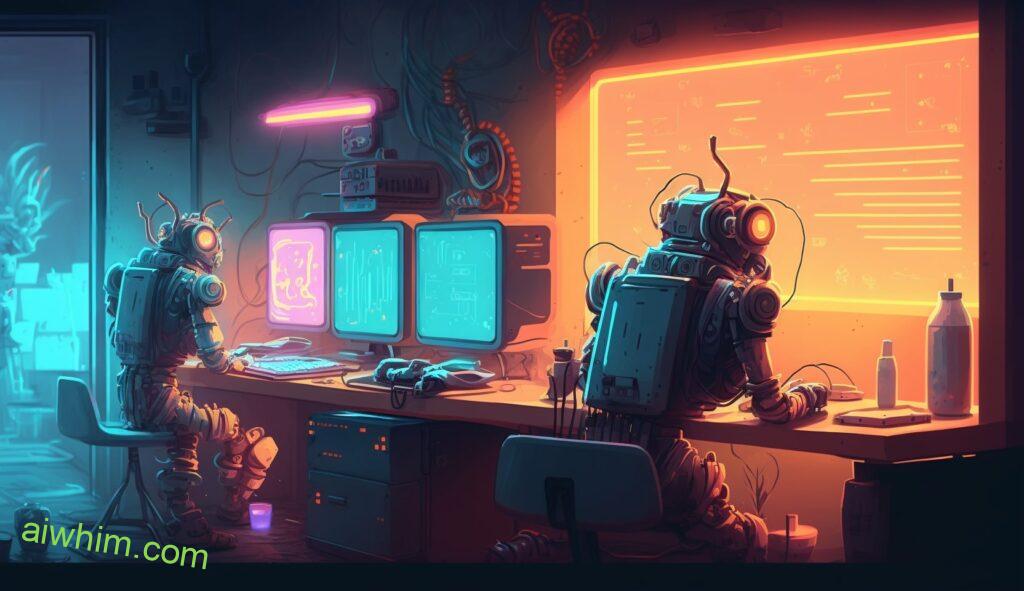
Industry Perspectives On The Impact Of AI
As the automation industry continues to expand, many are left wondering if AI will eventually replace mechanical engineers. While there is no clear-cut answer yet, examining industry perspectives can shed some light on this issue.
The impact of AI in the workplace has been a hot topic among experts and professionals alike. Some view it as an opportunity for growth while others worry about job displacement due to increased automation. With so much uncertainty surrounding the future of work, companies must take into account both sides of the argument before making any drastic changes.
On one hand, AI offers a variety of advantages that could make manual labor obsolete. Automated systems can handle complex tasks with little oversight and often generate higher quality results than human employees. Additionally, machines don’t require salary or vacation days and can be easily scaled up or down depending on demand. On the other hand, replacing humans completely with robots takes away from their sense of purpose and autonomy which may lead to dissatisfaction in workers who feel like they’re being replaced by machines.
Despite these concerns, there is still potential for AI to enhance traditional roles rather than displace them entirely. By utilizing machine learning capabilities, businesses can save time and money while improving efficiency and accuracy in areas like data analysis or customer service. This type of collaboration between people and technology could create more opportunities across industries regardless of whether jobs are automated or not – something that everyone should be excited about!
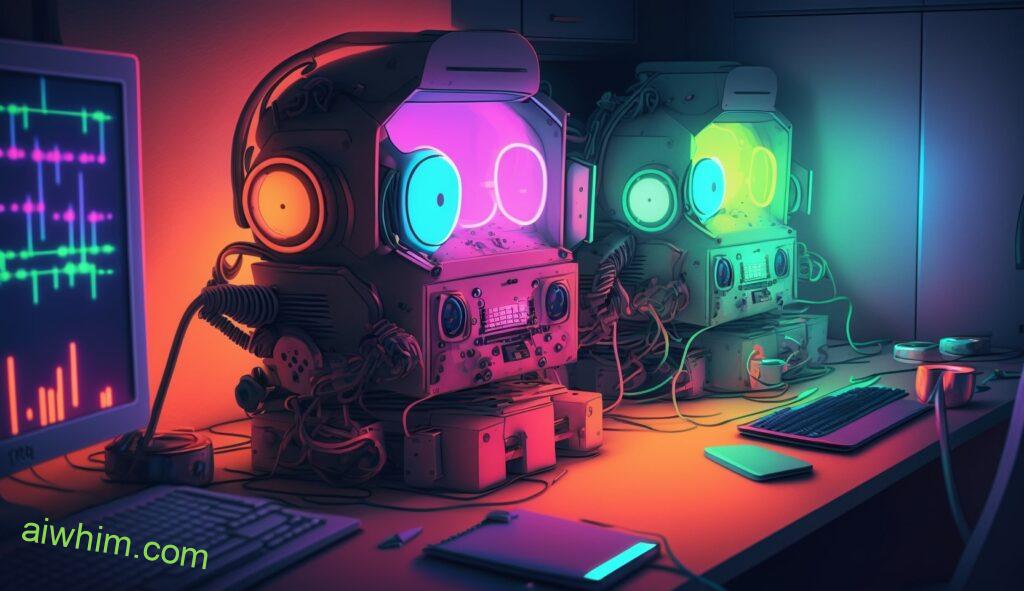
Advantages For Companies Using AI For Automation
Companies increasingly are turning to AI for automation, and the advantages they reap from it are numerous. Automation with AI can help companies save money in their operations, as well as improve efficiency and productivity at all levels of their business. Cost savings resulting from automating processes that were traditionally done manually translates into a direct increase in profits. Additionally, efficiency gains derived from using automated systems allow businesses to complete tasks faster than ever before while still maintaining accuracy and quality control.
AI-based automation also offers significant boosts to productivity by cutting down on time spent on mundane tasks such as data entry or customer service calls. By freeing up employees’ time, businesses can allocate more resources towards critical areas like research and development or strategic planning. There is no denying that AI benefits companies significantly when it comes to automation, giving them an edge over competitors who may be relying solely on manual methods for completing work. In short, implementing AI for automation delivers cost savings, increased efficiency, and boosted productivity – all of which adds up to greater success for any organization.
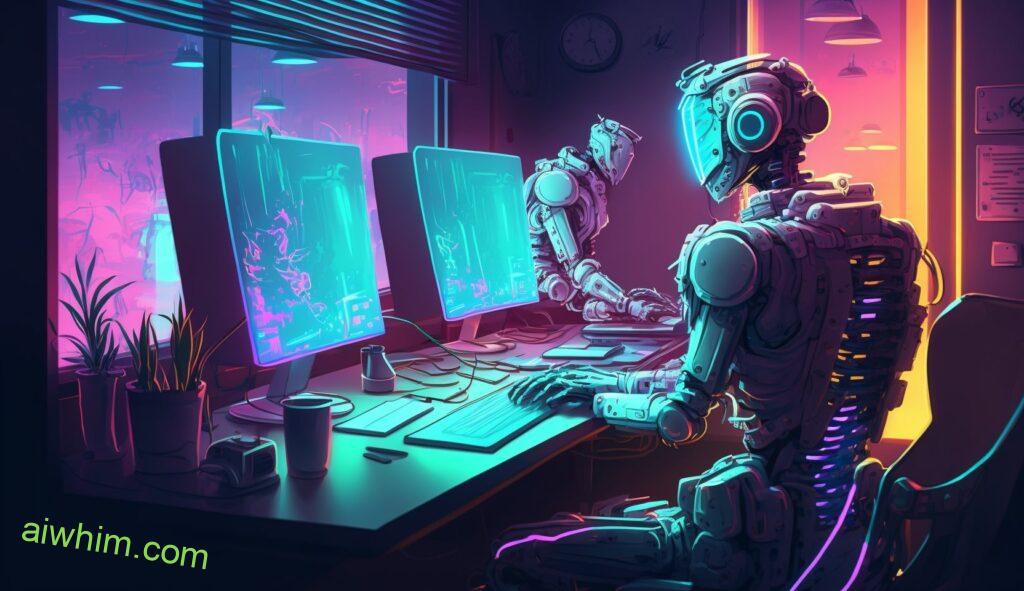
How Companies Can Prepare For The Future With AI
The future is here, and companies are being challenged to keep up with the changing landscape of Artificial Intelligence (AI). As AI continues to advance in technology, it’s becoming more common for businesses to consider how they can use AI automation and job replacement technologies. But what does that mean for employees? It’s important for companies to be proactive about their strategies as they move into an AI workplace. Here are a few ways organizations can prepare:
- Develop career development plans that focus on re-skilling or cross-training employees so they are able to take advantage of new opportunities created by emerging AI technologies.
- Establish ethical considerations when introducing AI into the workplace – ensure any changes made do not result in employee displacement or discrimination against particular groups due to automated decisions.
- Invest in AI solutions that improve existing processes while helping workers become more productive and engaged.
- Provide training programs geared towards helping people stay ahead of the curve by teaching them how to work alongside machines instead of replacing them altogether.
- Leverage data analytics tools such as machine learning algorithms to identify potential areas where automation could provide the most value – this will help organizations make informed decisions about where best to invest resources.
It is essential that companies understand the implications of using AI before implementing it within their organization. By taking these steps, employers can create a supportive environment for both human and robotic workers which helps everyone succeed together in a safe, fair and equitable way.

Strategies To Leverage AI For Career Advancement
As a mechanical engineer, you may be concerned about the potential of AI automation replacing your job. However, there are ways to leverage AI for career advancement. By investing in professional development that focuses on developing skills related to AI automation, you can stay ahead of the competition and remain valuable to employers. This could include courses such as machine learning, data analytics, programming language or other similar topics. Additionally, by understanding how these technologies work and their various applications within your field of expertise, you will be better able to identify opportunities where AI could replace certain tasks but also highlight areas where humans excel over machines.
AI is already contributing to significant advances in many industries and it’s likely soon enough every sector will experience some level of disruption due to automated processes. As a mechanical engineer who wants to stay relevant and innovative, embracing this technology early-on is essential for long-term success in the profession. Deepening your knowledge base through online courses or attending seminars can help you develop an understanding of how AI works so that when faced with decisions involving its use or implementation at work you have a good grasp of all aspects involved. With the right approach and attitude towards advancing your skillset alongside the rise of new technologies like artificial intelligence, you can ensure both your current role and future prospects continue to be secure.
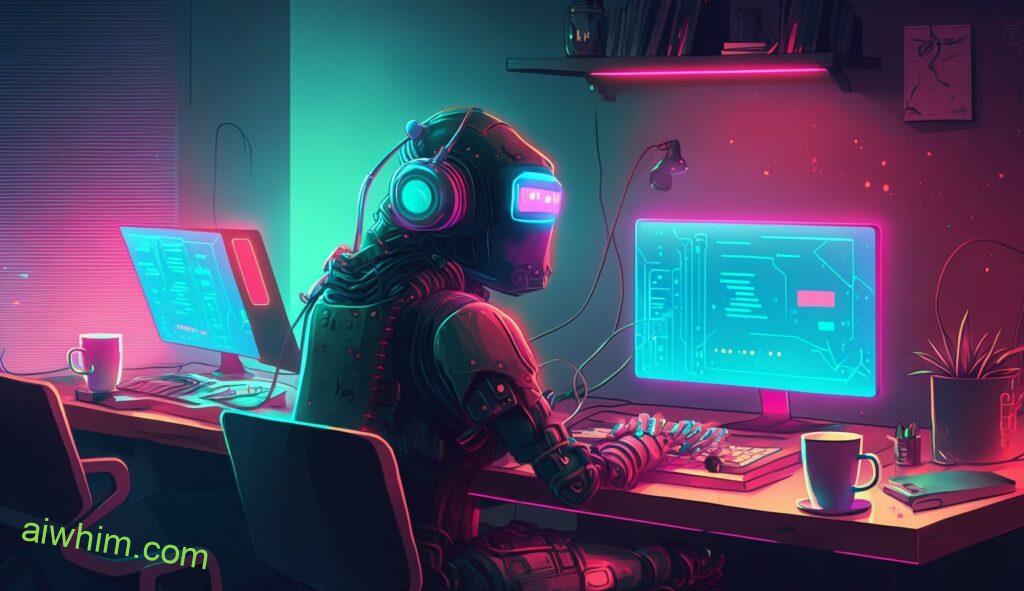
Ethical Considerations When Replacing Jobs With AI
As AI technology continues to advance and become more sophisticated, it’s only natural that questions arise regarding the ethical implications of replacing traditional jobs with AI automation. There are a few key considerations when looking at job replacement through an ethical lens.
The first is workplace regulations. What rules and standards need to be in place in order for a company to ethically replace employees with automated systems? In what circumstances would it be acceptable for employers to deploy automated solutions instead of relying on human labor? These are important issues which require careful consideration and analysis before changes are implemented.
Secondly, we must consider the potential impact of such decisions on workers who may find themselves replaced by robots or other forms of AI automation. How will their skillsets transfer over into new careers? Are there adequate resources available to help them transition into different roles or industries? It’s essential that those affected by these changes have access to financial aid and career counseling as part of any implementation process.
Ultimately, understanding the ethical considerations related to job replacement due to AI automation is critical if companies wish to make informed decisions about the future of their workforce. Companies should strive not only for efficiency but also fairness while considering the impact their decisions could have on both current and former employees alike.
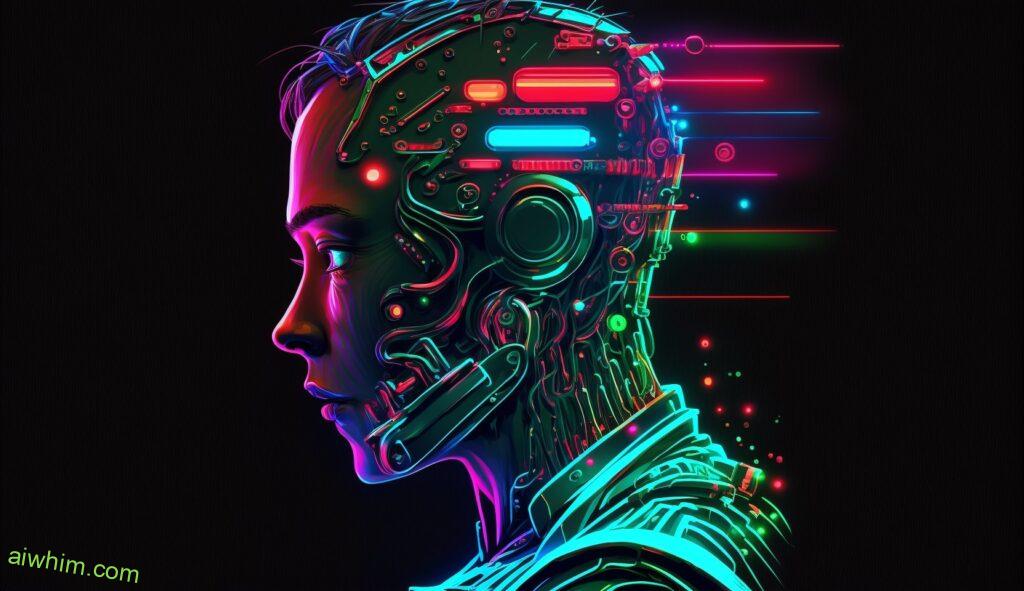
Future Outlook For Mechanical Engineers
The ethical considerations of replacing jobs with AI are a hot topic, one that must be discussed in order to ensure the safety and security of workers. However, the future outlook for mechanical engineers is far from bleak. Despite potential automation thanks to advancements in AI technology, there are still many areas which will remain viable career paths for mechanical engineers.
For example, as industries become increasingly reliant on automated processes, they need experienced professionals who can troubleshoot any issues that may arise during implementation. Similarly, there’s an ever-growing demand for advanced engineering expertise across multiple sectors; this could include developing high-tech machinery such as drones or robots. Moreover, even when it comes to tasks being replaced by automation, human insight and creativity are often needed to manage complex systems and interpret data correctly.
In short, while certain aspects of a mechanical engineer’s job may change due to advances in AI technology, their capabilities remain highly sought after amongst employers looking for skilled professionals. Thus those interested in pursuing a career as a mechanical engineer should have confidence knowing there is still plenty of opportunity available – provided they stay up-to-date with industry trends and continually enhance their skillset throughout their career development journey.
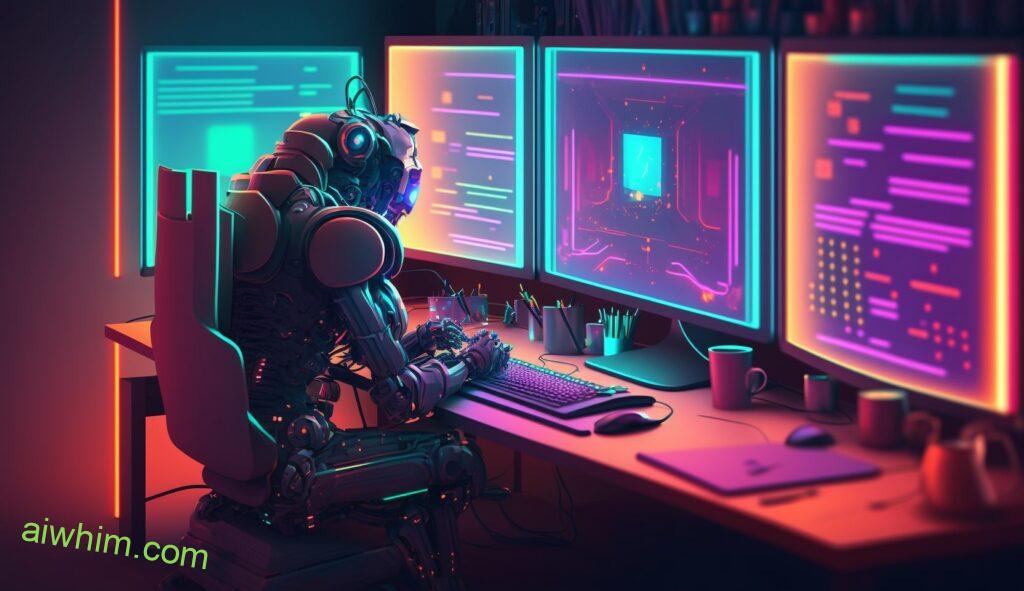
Conclusion
In conclusion, the future of mechanical engineering is not doomed due to AI. Although it is true that automation has increased over the years and some jobs are being replaced by AI, a skilled mechanical engineer can still find career opportunities in this field. Companies need to think ahead and explore how they can use AI strategically to keep up with changing technology while also considering ethical considerations surrounding job replacement.
Although the rise of artificial intelligence could be seen as daunting for mechanical engineers, it doesn’t have to be viewed negatively. It presents an opportunity for professionals in this field to learn new skills and stay competitive in their industry. With proper training and guidance, they can leverage AI to advance their careers and remain relevant despite technological changes taking place around them.
But won’t companies just choose automated machines instead?
To that objection I’d say no; robots cannot replace humans entirely yet. Machines lack human intuition and creativity which makes us invaluable resources when tackling complex problems or tasks requiring empathy or innovation. Mechanical engineers bring these unique qualities to the table making them irreplaceable assets in many sectors from aerospace to automotive design.
Author: Ole Paulson
Author Bio: I’m Ole and on this website, I share everything there is to know about Artificial Intelligence, and useful tips for using AI to our advantage. I have a background in data science and research and have been following the AI-space for years. You can read more about me in the “About” page.

